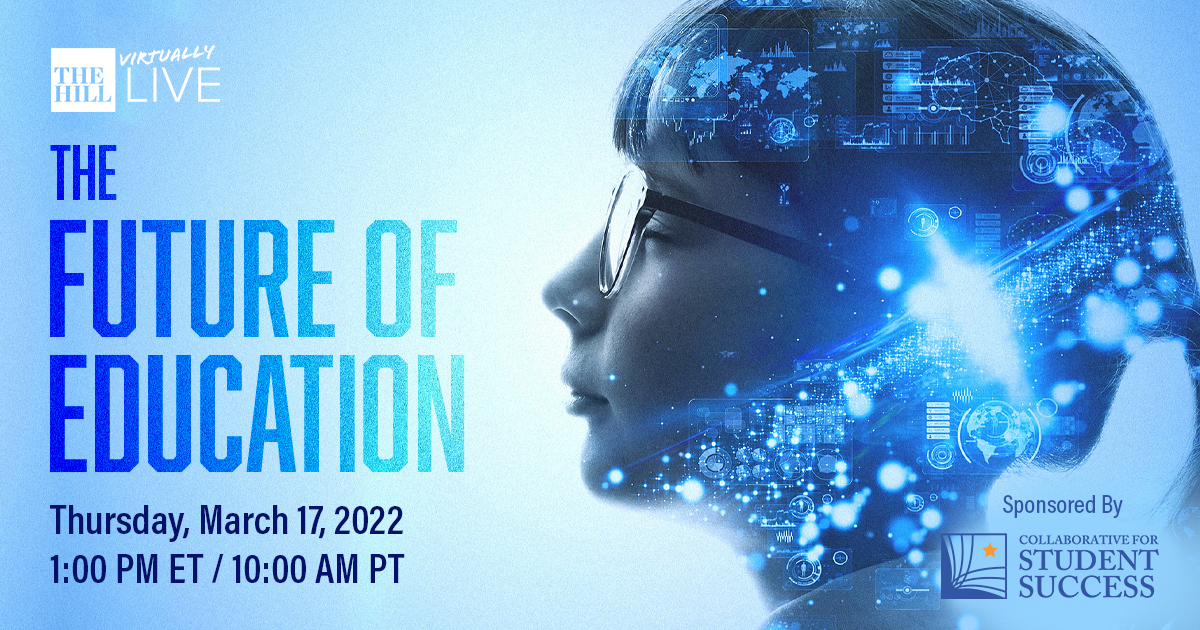“We need a Sputnik moment. We need a national initiative and campaign around STEM education to raise the bar of expectations of our young people.”
– Dr. Bernard Harris, CEO, National Math & Science Initiative
“One of the greatest travesties is, as I would call it of our current education system, is not only is science an afterthought, so far too many children are not even getting exposure to scientific ideas, but we teach it as a memorization exercise. We don’t teach it as a domain of inquiry and problem solving and question asking and all of the skills that are essential in today’s world, and that’s criminal. During the pandemic, so many of our fellow citizens [were] skeptical of science, they don’t trust it. They don’t believe in it. And honestly, I think that has a lot to do with the very anemic state of science education in this country. There’s a tremendous amount of work we have to do to change that.”
– Dr. Margaret Honey, President and CEO, NY Hall of Science
“One of the biggest things is we’ve got to set a goal for where we want to be over the next 10, 20 years, [because] the workforce is changing. We’re predicting in the south that if we don’t do a better job of science education, we may see 18 million unemployable adults by 2030 because they don’t have the technical skills to be involved in a workforce that is so reliant on scientific thinking. You can’t work like the Jetsons, if you’re thinking like the Flintstones.”
– Dr. Stephen Pruitt, President, Southern Regional Education Board


